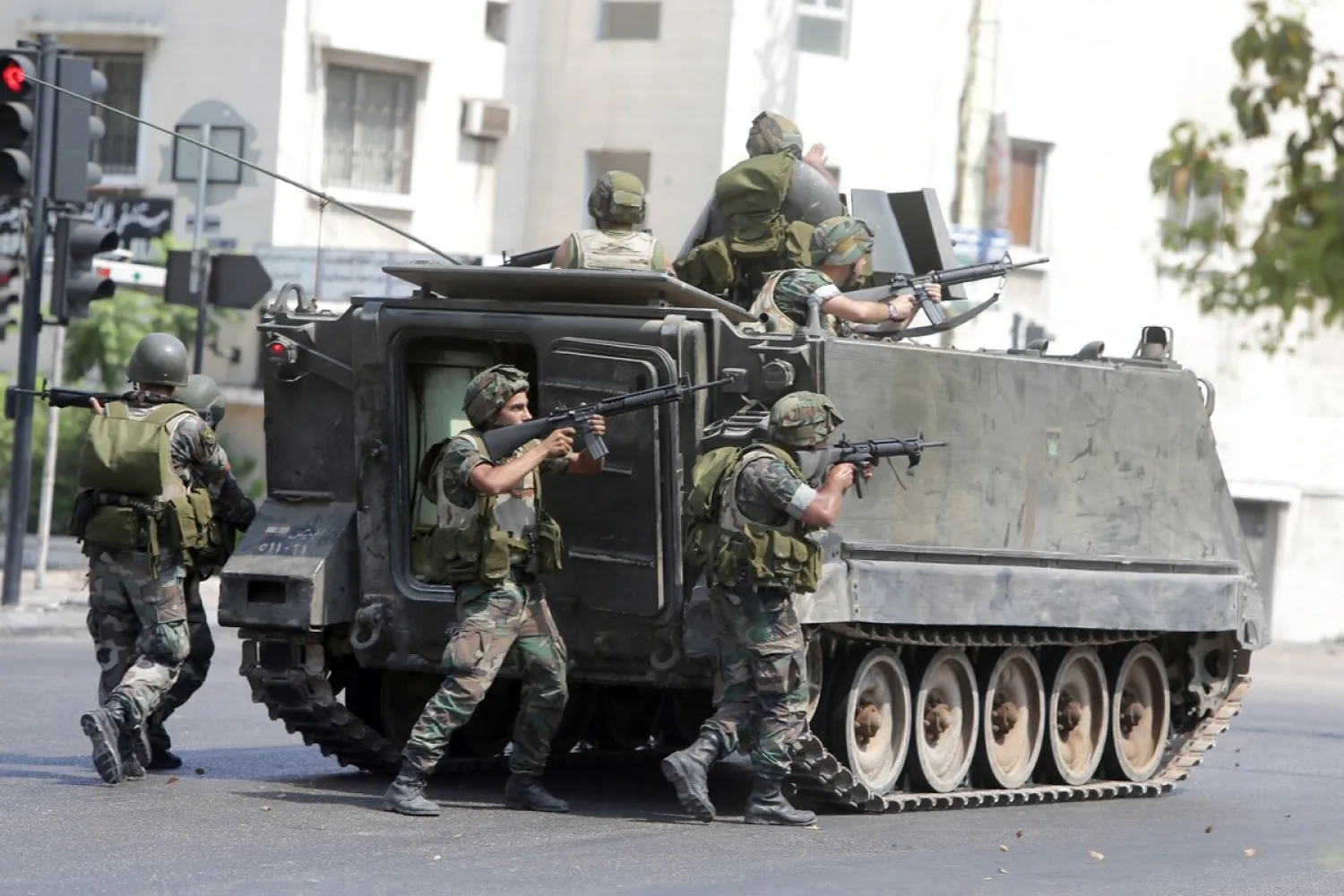The US Congress has renewed pressure on Hezbollah, as a number of Democratic and Republican legislators are seeking to revive the imposition of conditions on military aid to the Lebanese army.
In this context, the Foreign Affairs Committee in the House of Representatives has approved a bill entitled “Facing Hezbollah in Lebanon”, which links the release of military aid allocated to the Lebanese Army with certain conditions.
Based on the bill, 20 percent of the aid - amounting to approximately $133 million in the 2020 US budget - will be frozen, until the US administration assures Congress that the Lebanese Army has taken concrete steps to expel elements supporting Hezbollah from its ranks, or limit their impact on its policies and activities.
The bill also calls for a detailed presentation on the LAF activities aimed at disarming Hezbollah, as evidence of its serious commitment to implementing UN Security Council Resolution 1701, which calls for disarmament.
Moreover, the project calls on the US president to provide evidence that the Lebanese Army has not cooperated with Hezbollah or participated in joint activities or training during the past year.
The bill also requests the US administration to submit a report identifying military leaders, advisors and officials, who belong to Hezbollah or express loyalty to the group, and who have a significant influence on the Army’s policies and activities.
The US President had signed the Fiscal Appropriations Act 2020 after it was passed by Congress. The law reiterates that the purpose of US funding is to “professionalize the LAF to mitigate internal and external threats from non-state actors, including Hezbollah.”
The United States expects the LAF to use the funding to “strengthen border security and combat terrorism,” as well as “interdicting arms shipments, and preventing the use of Lebanon as a safe haven for terrorist groups,” the law states.









